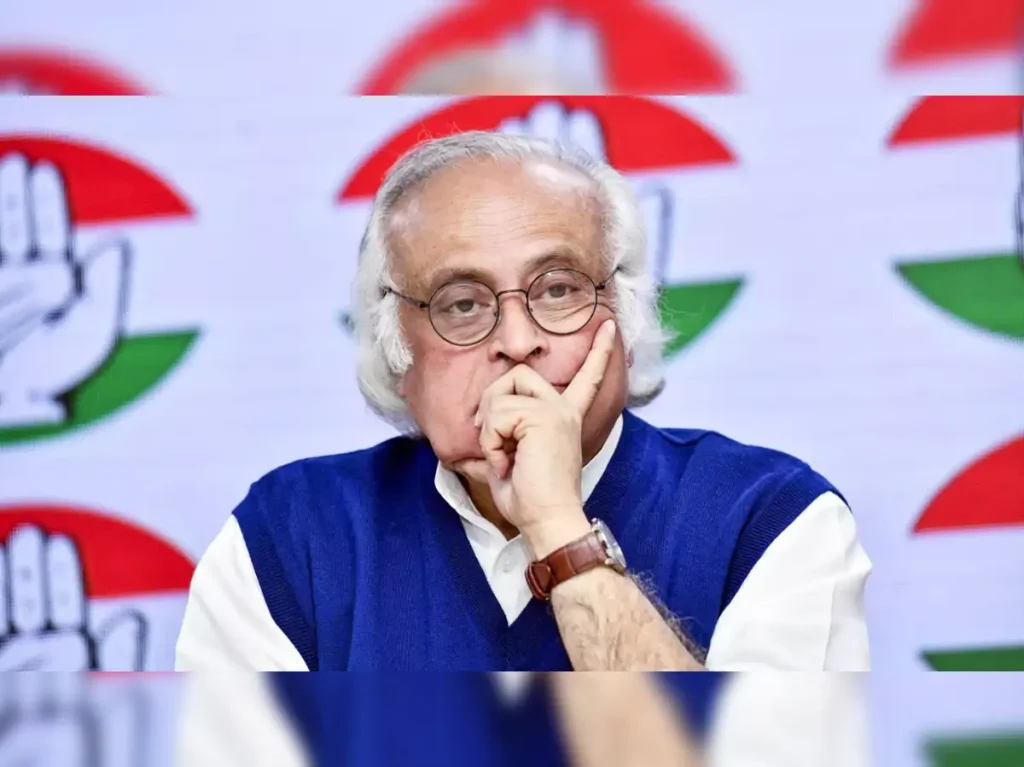One of the two delegations of is led by the Pakistan People’s Party chairman and former foreign minister Bilawal Bhutto Zardari. Taking cue from India, Pakistan on Monday dispatched delegations for a diplomatic outreach to other countries like the US and UK in a bid to seek support following the damages to its airbases and terror targets last month under ‘Operation Sindoor’ carried out by Indian armed forces in retaliation to the April 22 Pahalgam attack.
Pakistan on Monday unveiled the details of its global diplomatic push which it says also seeks to ‘highlight the importance of dialogue to tackle problems between the two countries’. Pakistan’s diplomatic outreach, which comes days after India dispatched delegations to several countries for an anti-terror drive, comprises two teams marching towards different directions to garner support for the country, as per a Foreign Offiial.
India has sent seven multi-party delegations to 33 global capitals as part of its diplomatic outreach following the terrorist attack in Pahalgam that claimed 26 lives.
Bilwal Bhutto leading delegation
A high-level multi-party delegation of Pakistan will visit New York, Washington DC, London and Brussels from 2 June 2025,” the Foreign Office (FO) said. The nine-member delegation is led by the Pakistan People’s Party Chairman and former foreign minister Bilawal Bhutto Zardari.
The other members of the delegation include federal minister Musadik Malik, former foreign ministers Hina Rabbani Khar and Khurram Dastgir Khan, former ministers Syed Faisal Ali Subzwari and Sherry Rehman, Senator Bushra Anjum Butt. It also includes two former foreign secretaries – Jalil Abbas Jilani and Tehmina Janjua.
The second delegation, led by special assistant to the prime minister, Syed Tariq Fatemi, was slated to visit Moscow from June 2. The details of its composition were not shared. The two delegations are expected to hold a series of meetings with the leadership of international bodies, public office holders, senior officials, parliamentarians, think tanks, media and diaspora, the FO said.
“The visits of these delegations are aimed at projecting Pakistan’s perspective on the recent Indian aggression,” it said, adding that they would also “highlight that dialogue and diplomacy should take precedence over conflict and confrontation,” it added.
The FO said, the “need for immediate resumption of the normal functioning of the Indus Waters Treaty will also be a key theme of the delegations’ outreach”.
Tensions between India and Pakistan escalated after the Pahalgam terror attack on April 22, when terrorists, found to have links with Pakistan, shot and killed 26 civilians in Jammu and Kashmir town’s Baisaran meadow. India then carried out precision strikes on terror infrastructure in Pakistan and Pakistan-occupied Kashmir in the early hours of May 7.
Pakistan attempted to attack Indian military bases on May 8, 9, and 10. Indian forces responded strongly to the Pakistani actions before a ceasefire ‘understanding’ was reached for stopping all military actions following talks between the directors general of military operations of both sides on May 10.



